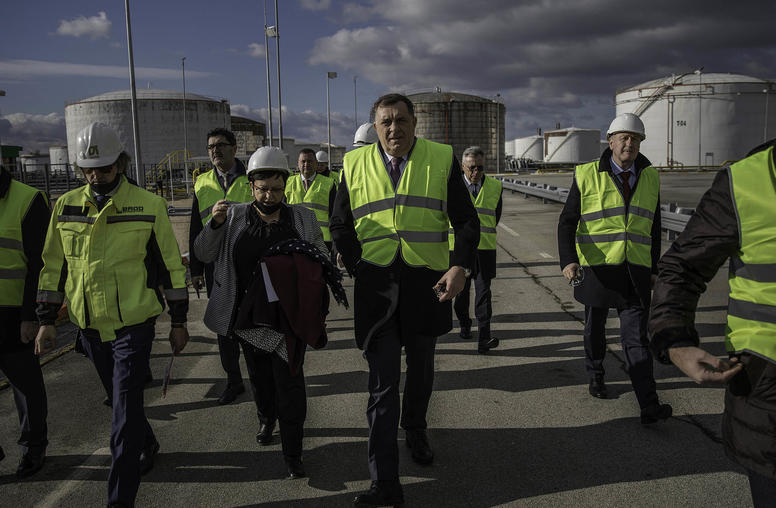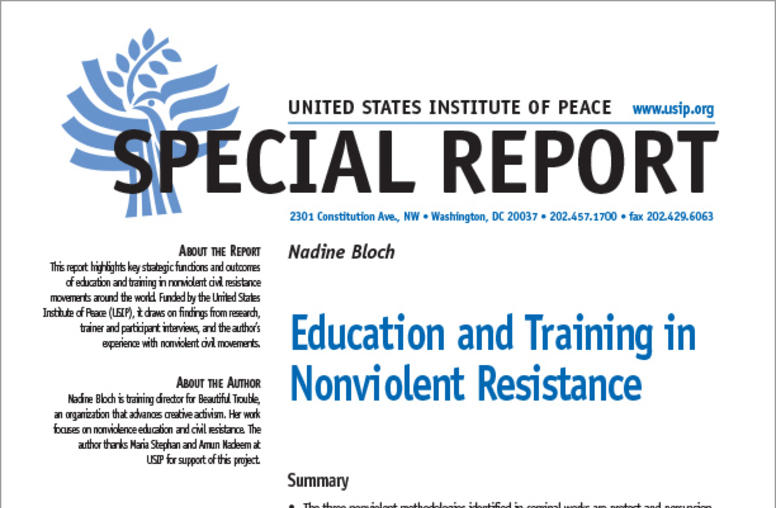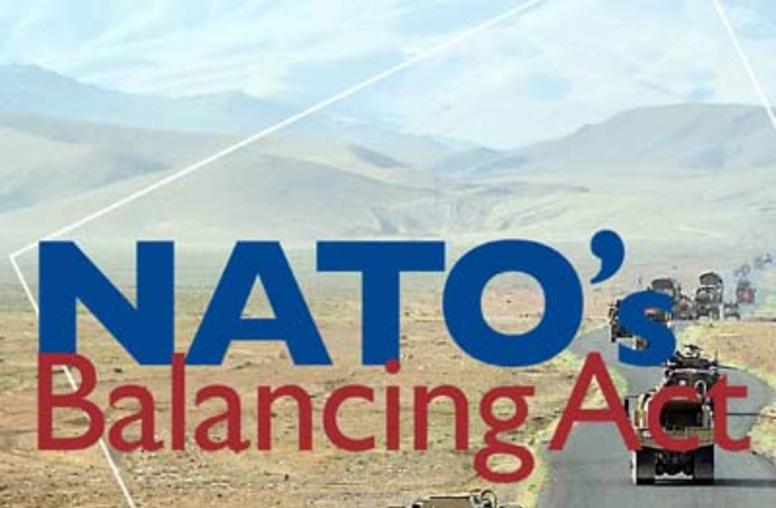Is Serbia Moving Toward Europe?
With intense diplomatic activities to resolve the future status of Kosovo well underway, Serbia is entering a difficult period in its history even as it remains without a government almost three months after the elections. Many issues about its future remains unsolved:
- When will Serbia have a new government? Will it be comprised of democratic forces only?
- Will Serbia continue its path toward deeper Euro-Atlantic integration?
- Is Serbia taking necessary steps to reform its security forces? What about Mladic?
- How will the Kosovo settlement impact Serbia's future?
Speakers
- Dr. James Lyon
Special Balkans Adviser, International Crisis Group - Martin Sletzinger
Director, East European Studies, Woodrow Wilson International Center for Scholars - Boris Stefanovic
Deputy Chief of Mission, Embassy of Serbia - Daniel P. Serwer, Moderator
Vice President, Centers of Innovation and Peace and Stability Operations, U.S. Institute of Peace



